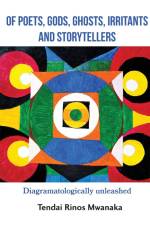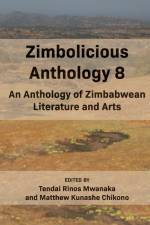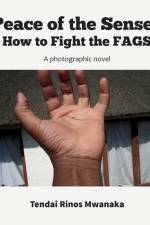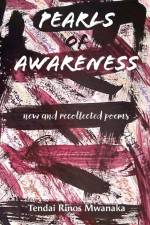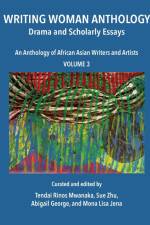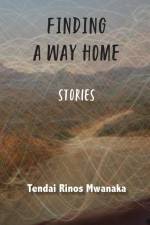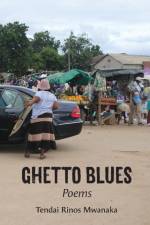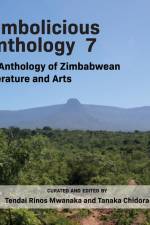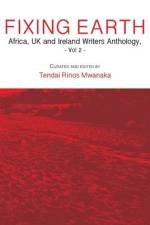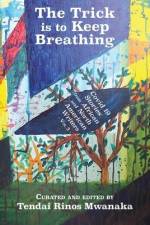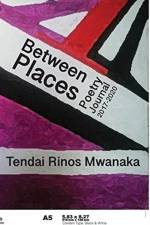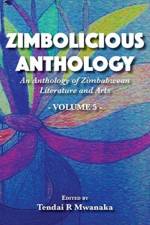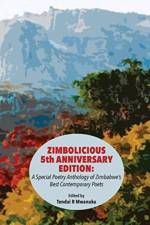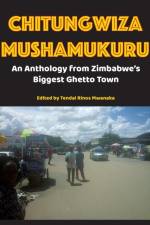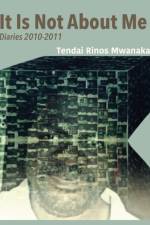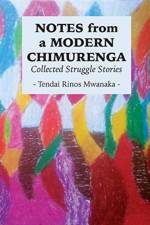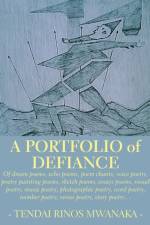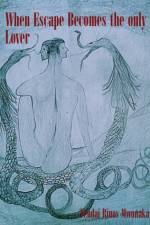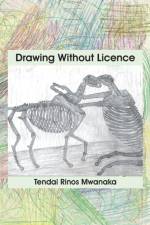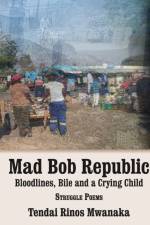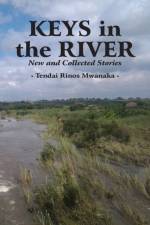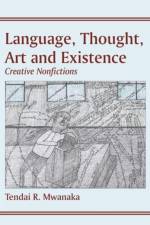av Tendai Rinos Mwanaka
465,-
FRONTIERS: WILD, SEMI-WILD, HUMAN.... A photographic Novel, is a book of photographs I have taken or worked on over a period of 6 years from 2012 to 2017. I love the concept of writing a novel through photography and that's why I called this book of photographs a photographic novel, for there is a strong narrative dimension in these photographs that creates visual literature. And this narrative link, for a good part, points to the content in the images. They are three countries where I took these photos from; Mozambique, Zimbabwe and South Africa, three neighbours who share borders, languages, cultures, fauna, flora, etc, joined by a bond as old as creation, itself. I decided to work from the wild, to the semi wild, to human, exploring frontiers in these worlds, juxtaposing these worlds, one against the other or all three together in a photo, sometimes obsessively focusing on a single spot, repetitively creating different story strands from that one place, and then combine photography with other visual art medias like painting and drawing thus creating entirely different artworks. It is the essence of my work, to operate at the limit between natural and human landscapes, reality and fiction, nature and humanity, by bestowing an actual dimension to the utopian. The photographs are a celebration of this.¿Tendai Rinos Mwanaka is a multidisciplinary artist, editor, publisher and producer with 26 individual books and over 27 curated anthologies published in the US, Northern Ireland, UK, Cameroon and Zimbabwe. He has 3 music albums playing in at least 18 radio stations in the US, Canada, UK, France, Israel, Brazil and Australia and hundreds of paintings and drawings, thousands of photographs, some exhibited, published and sold. His art pieces have appeared in over 400 journals in over 35 countries and his books and writing are translated into at least 11 languages.

